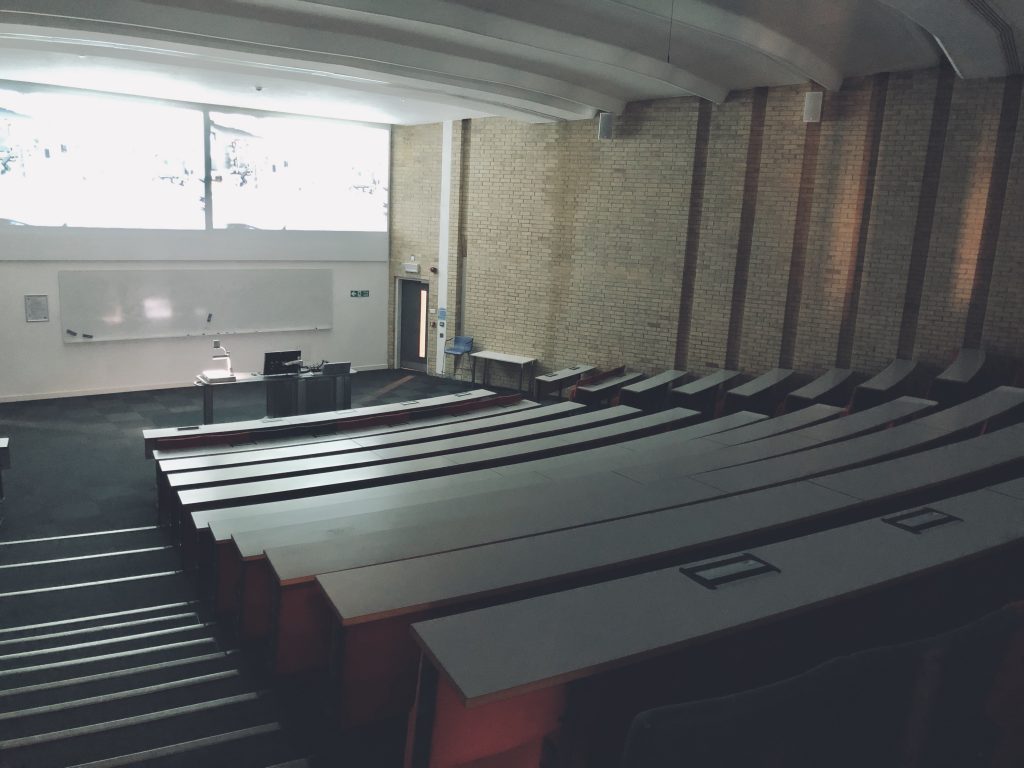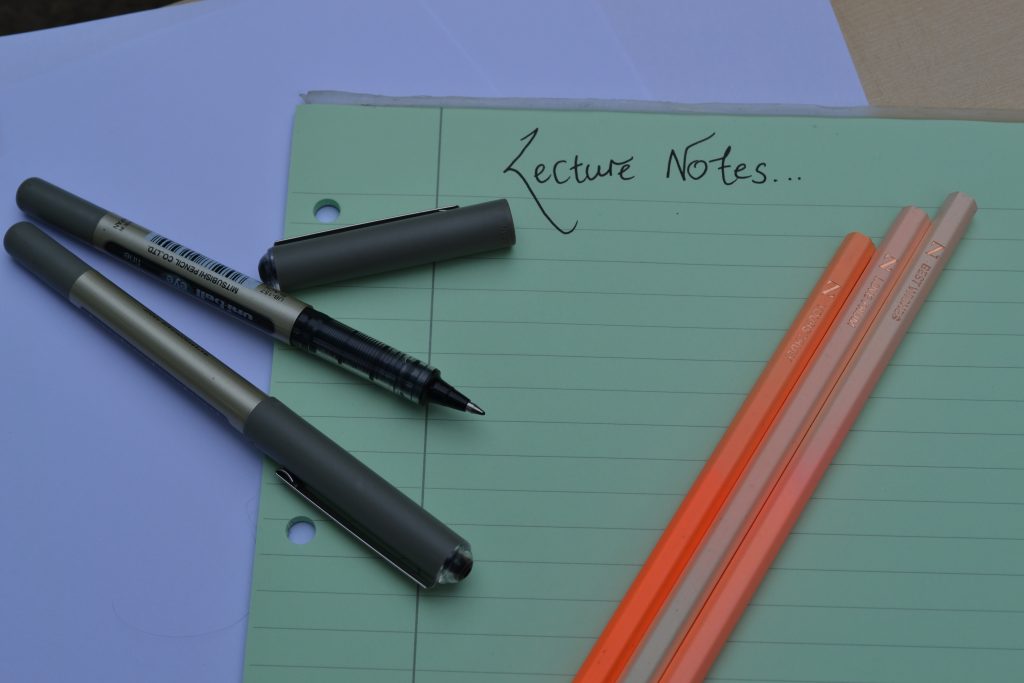By Tsz Yan (Student Blogger: MSc Business Analytics)

Examinations are a difficult issue for us as there are a lot of things to understand and remember before the exam period. So, I am here to suggest a whole set of steps that can be taken during the academic year in order to make the final revision period easier.
- Prepare study materials before the lesson
Our lecturers usually upload the teaching material before the lesson. You should read these materials and have a brief understanding of their content. Therefore, you can catch up with what the lecturer says during the lesson.
- Take notes and ask questions during the lesson
It is important for all of you to take notes during the lesson. Not only can this help you to pay more attention to the lesson, but also help you to have a better understanding of the teaching material. If you have any questions about your understanding of materials, don’t hesitate. Just ask the lecturer politely and they will be happy to answer your question.
- Study after the lesson
The first two steps are just basic steps you should follow. If you want to have better preparation for the exam (i.e. achieve a better result in the exam), you should concentrate on this step.
After the lesson, you should tidy up all the notes you made. If you find that there are some important things missing, just listen to the recording again to catch up on what you missed. If you have any questions on the topic after reading all the notes you made, ask your classmates and ask the lecturer if needed.
Also, in order to have a better and deeper understanding of the specific topic, it is important for you to do further reading using the textbooks and/or articles that the lecturer recommended. These further readings may also answer some of your questions on the topic.
Finally, you should make a complete set of notes for each topic (combining the notes you took during and after the lesson, the additional information and/ or knowledge from textbooks, articles, as well as some explanation you obtained from your friends and/or the lecturer).
If there are any after-class exercises or case studies, you should also complete them at least once to make sure you have fully understood the topic.
- Study in the revision period
After you have completed the above steps, life will become easier in the revision period. During this period, all you need to do is just go through the notes you made and the after-class exercises or case studies you have done. Keep asking yourself questions related to the topic during revision. The more questions you can answer, the more confidence you will have for the exam.
The above four steps are my process of preparing for the exam. I hope these steps will help you to achieve a good result. Good Luck!



 by Catherine (Student Blogger: BSc Computer Science)
by Catherine (Student Blogger: BSc Computer Science)